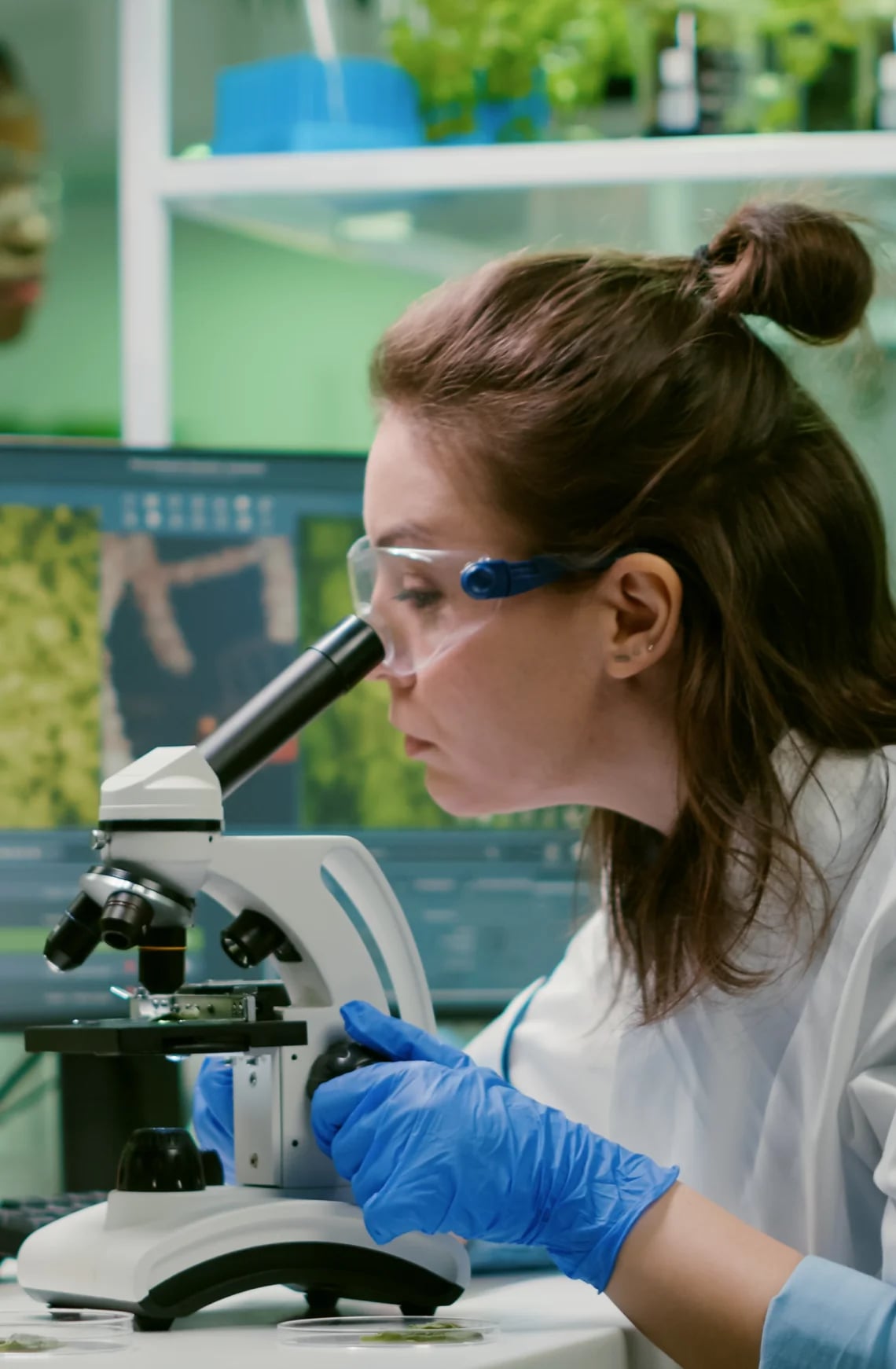From Frog Eggs to Lifesaving Cancer Drugs: The 2025 Golden Goose Awards
The Golden Goose Awards, hosted and sponsored by the American Association for the Advancement of Science, the Association of American Universities and other organizations, recognize unexpected breakthroughs in federally funded basic research that revolutionized public health. The 13th annual Golden Goose Awards ceremony took place in Washington, D.C., in September 2025. Here is a brief synopsis of the awardees and the basic research for which they were recognized.
- Dr. Joseph Gall, PhD (1928-2024), was a Carnegie Institution for Science cell biologist. In the 1960s he worked with frog egg cells, salamanders and other organisms to uncover how genes are organized and expressed, paving the way for powerful diagnostic tools like in situ hybridization, which maps specific DNA or RNA sequences to their locations on chromosomes. This technique is used in cancer and genetic tests. One of Dr. Gall’s favorite animal models was the African clawed frog Xenopus laevis egg because it revealed unique mechanisms for gene organization and amplification.
- Dr. Barnett Rosenberg, PhD (1926-2009), Loretta VanCamp (1916-2006), and Dr. Thomas Krigas, PhD (1939-2023), discovered cisplatin, a chemotherapy drug that revolutionized cancer treatment. In the 1960s Dr. Barnett, a Michigan State University biophysicist and chemist, along with lab supervisor Loretta VanCamp and postdoctoral researcher Dr. Krigas, discovered that E. coli cell division can be successfully blocked by cisplatin, a platinum compound released by electrodes through electrolysis. They tested their theory with mice with sarcoma, observing tumor regression and acceptable toxicity, which led to further preclinical and clinical studies. Cisplatin is now a widely used chemotherapy agent in the treatment of various forms of carcinomas and sarcomas.
Dr. Gall, Dr. Rosenberg, Loretta VanCamp and Dr. Krigas took advantage of federal funding from the National Institutes of Health (NIH), National Science Foundation (NSF) and other public funding sources to conduct basic research that unexpectedly changed our quality of life. Their accomplishments are especially noteworthy as the NIH, NSF and other federal agencies face funding cuts that could jeopardize the future of basic research. (Learn More About Nobel-Winning Animal Research, Too.)
Watch the 2025 Golden Goose Awards ceremony and learn more about the awardees here: https://www.aaas.org/news/odd-outstanding-why-basic-research-essential.
(featured image credit: POV Studio/ Adobe Stock)












Leave a Comment